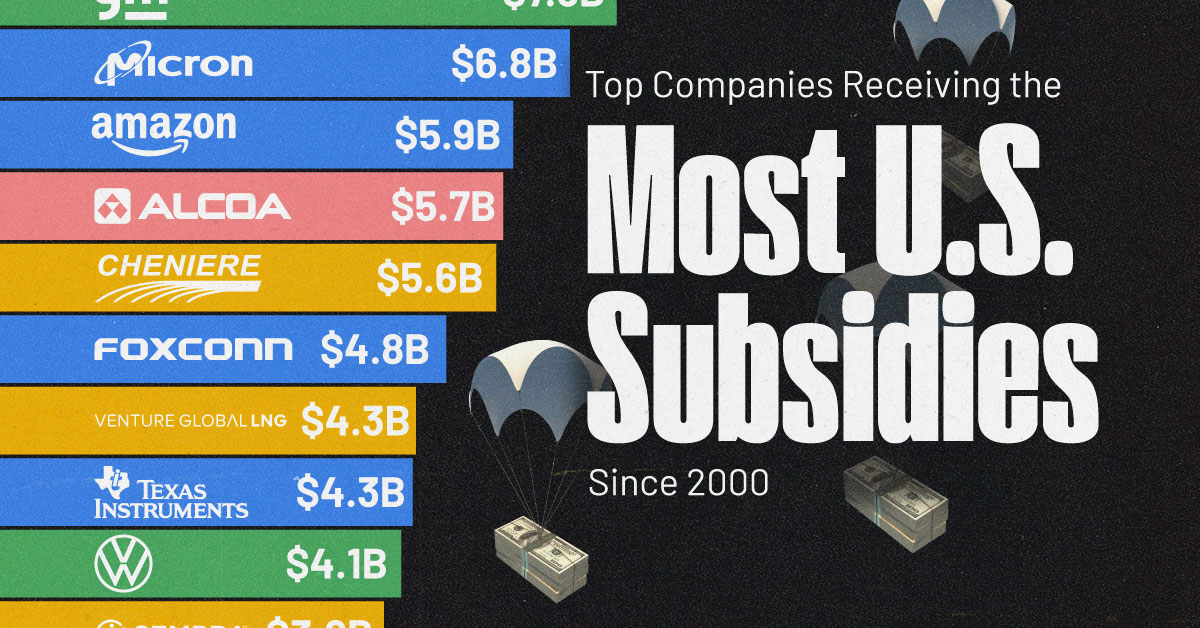lol.
Trump's dreams could not come true. Everything has changed. 

The statement that "America's survival by 2049 depends on its independence by tariffs like 25% on Apple and other companies" is
false as a broad claim, based on current economic understanding and expert analyses.
Why this is false:
Tariffs and Economic Impact: Imposing a 25% tariff on Apple products or similar companies would likely increase costs for consumers and could disrupt supply chains. For example, President Trump recently threatened a 25% tariff on Apple iPhones if they are not manufactured in the U.S., but
analysts warn that this could raise iPhone prices dramatically, potentially to around $3,500 per phone, which would be prohibitively expensive for most consumers 68910. Such tariffs do not guarantee economic independence or survival; instead, they risk inflationary effects and reduced competitiveness.
Economic Growth and Tariffs: Economic forecasts, such as those from Deloitte and the Congressional Budget Office (CBO), suggest that modest increases in tariffs (e.g., adding 5 percentage points to average tariff rates) might have some fiscal impacts but are not decisive for the overall economic survival or growth of the U.S. economy. Growth projections for the U.S. economy in the near term remain positive
but modest, with tariffs contributing only marginally to government revenues and potentially slowing trade 4.
Broader Economic Challenges: The long-term survival and prosperity of the U.S. depend on multiple factors beyond tariffs,
including managing federal debt, addressing climate change impacts (which could reduce global economic output by 19% by 2049), technological innovation, and demographic changes 1237. Tariffs alone, especially punitive ones like 25% on major companies, are not a sustainable or sufficient strategy for economic independence or survival.
Trade and Manufacturing Realities: Apple and other tech companies have complex global supply chains.
Forcing production to move entirely to the U.S. through tariffs is economically challenging and could backfire by increasing costs and reducing competitiveness. Apple has committed to significant U.S. investment ($500 billion), but this is a strategic economic development rather than a tariff-driven survival tactic 69.
Summary
America's economic survival by 2049 depends on a broad set of policies including fiscal responsibility, innovation, climate action, and global trade cooperation. While tariffs can be a tool for trade policy, relying on high tariffs like 25% on Apple products as a cornerstone for national survival is not supported by economic evidence and would likely cause more harm than good.
Therefore, the claim is false because tariffs at that level do not ensure economic independence or survival and could lead to negative economic consequences instead.
sources:
1.
The Long-Term Budget Outlook: 2025 to 2055
2.
New Study: Climate Change Could Reduce The World Economy 19% By 2049
3.
New study calculates climate change's economic bite will hit about $38 trillion a year by 2049
4.
United States Economic Forecast Q1 2025
5.
https://www.cbo.gov/system/files/2019-03/54918-Outlook-3.pdf
6.
https://www.axios.com/2025/05/23/trump-tariff-apple-iphone
7.
If not now, when? New estimates of the federal budget outlook
8.
https://www.cnn.com/2025/05/23/economy/trump-threatens-tariff-apple
9.
https://www.cnbc.com/2025/05/23/trump-tariff-apple-iphones-not-made-in-the-us.html
10.
Trump threatens 25% tariff on Apple, other tech giants if they don't start making devices in America




